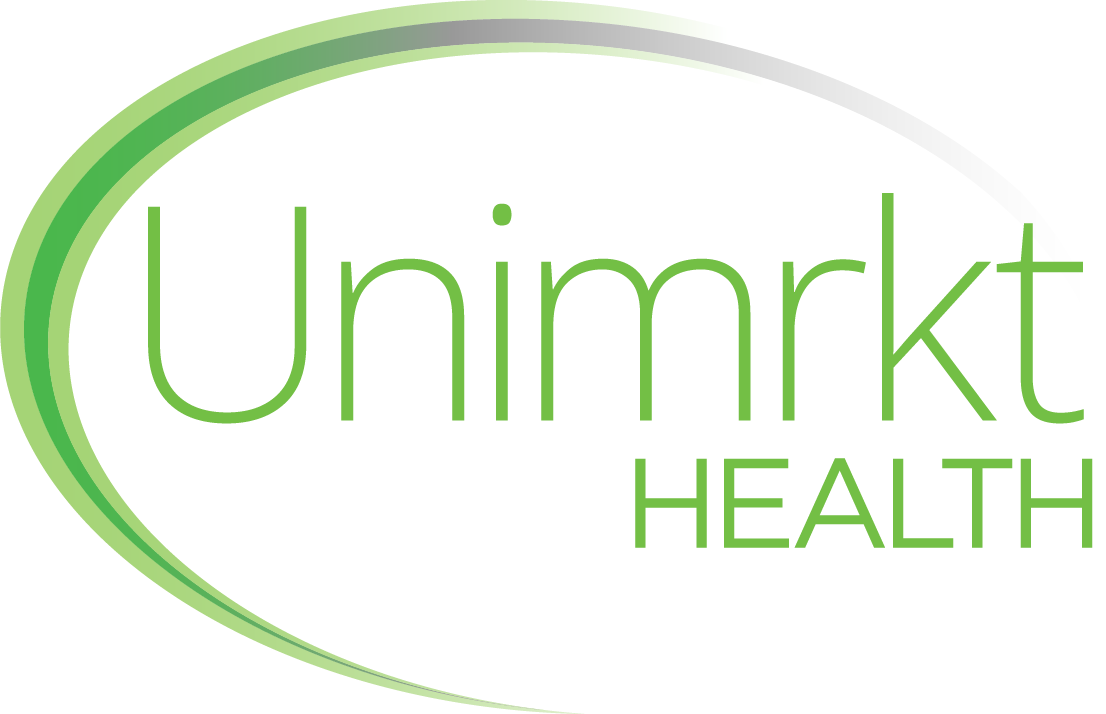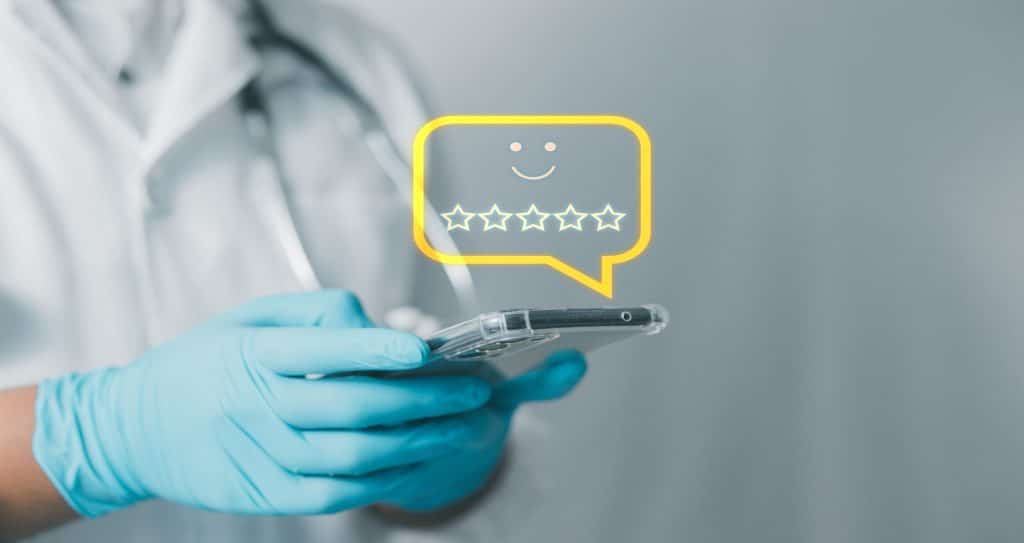Business Research Methodologies in Healthcare: 7 Desk-Based Approaches That Work
- Unimrkt Healthcare » Blog » Business Research Methodologies in Healthcare: 7 Desk-Based Approaches That Work
Healthcare is one of the most complex and fast-evolving industries in the world. Whether you are a pharmaceutical service provider, a logistics partner, a private corporation, or a public sector stakeholder, your decisions carry long-term implications for patients, providers, and regulators. In such a competitive and highly regulated environment, informed decision-making is essential. This is where business research methodology becomes a critical tool.
By leveraging structured business market research, organizations gain the insights needed to navigate dynamic therapy areas, assess competitive activity, evaluate opportunities, and design patient-centric solutions. A professional business research company provides clarity and evidence-based data that empower healthcare leaders to optimize strategy, mitigate risk, and accelerate innovation. This article explores seven proven desk-based business research methodologies in the healthcare sector, along with their applications in strategy, operations, and portfolio planning.
7 Desk-Based Business Research Methodologies in the Healthcare Sector
A wide variety of business research methodologies are available for healthcare businesses. Seven proven desk-based methods include:
1. Therapy Area Landscape Studies
A therapy area landscape study provides a comprehensive overview of a specific disease segment. It covers epidemiology, treatment patterns, burden of disease, current standard-of-care therapies, unmet needs, and regulatory context. Most of this is derived through desk research using published epidemiology data, treatment guidelines, and regulatory reports. By using this business market analysis, organizations understand not only the medical aspects of a therapy area, but also the commercial opportunities it presents.
For instance, oncology remains one of the fastest-growing therapeutic categories. Conducting a therapy area landscape study can help a pharmaceutical manufacturer identify sub-segments where there is low penetration of advanced therapies, guiding pipeline prioritization and R&D investment.
2. Competitor Profiling
Competitor profiling is a systematic business research methodology that involves collecting and analyzing data about existing and potential competitors. In healthcare, this includes product pipelines, sales performance, geographic footprint, pricing models, partnerships, and marketing strategies. Analysts draw this market data primarily from secondary sources such as company websites, press releases, filings, and analyst reports.
Business research firms use competitor profiling to highlight strengths, weaknesses, opportunities, and threats (SWOT) across the industry. For example, a logistics service provider in healthcare might use competitor profiling to identify efficiency gaps in cold chain distribution and use this intelligence to refine its own service model.
3. Opportunity Assessment
Opportunity assessment evaluates potential markets, products, geographies, or technologies to determine viability and scalability. This business research service answers critical questions: Is the market attractive enough? What are the barriers to entry? How should resources be allocated? Desk research provides a foundation through market reports and policy documents, though validation may require primary inputs.
In the healthcare industry, opportunity assessments are frequently applied to evaluate the commercial viability of new devices, digital health platforms, or expansion into emerging markets. A business research agency specializing in healthcare will use both qualitative and quantitative data to ensure the opportunity aligns with client capabilities and regulatory realities.
4. Trend Analysis
Healthcare evolves rapidly due to scientific innovation, policy shifts, and changing patient expectations. Trend analysis uses desk research from industry reports, policy documents, and scientific publications to determine whether a signal is temporary or transformative and to forecast its market impact. For example, personalized medicine and AI in diagnostics are reshaping care models and manufacturer strategies. With structured business market research, decision makers gain the foresight to invest early, adapt processes, and stay competitive.
5. Clinical Trial Intelligence
Clinical trials are the backbone of medical innovation. Yet, navigating the clinical trial landscape is complex. Deep research involves analyzing trial registries, protocols, endpoints, geographic distribution, recruitment success, and outcomes. Much of this is desk research using clinical trial databases and registries, though recruitment insights may require primary validation.
A business research company may conduct deep research in clinical trials to help clients benchmark their study designs against industry best practices. For instance, if multiple oncology trials in a specific region struggle with patient recruitment, the findings could guide adjustments in trial site selection or patient engagement strategies.
6. Scientific Literature Extraction, Review, and Analysis
Peer-reviewed publications provide a wealth of clinical and scientific data. Extracting, reviewing, and synthesizing literature enables organizations to understand the latest findings, track innovation, and identify clinical evidence gaps.
Business research firms specializing in healthcare often use advanced databases and text-mining tools to perform literature reviews efficiently. Such research informs clinical strategies, regulatory submissions, and evidence-based marketing. For example, reviewing scientific literature may reveal underexplored biomarkers in cardiovascular disease, guiding future R&D investment.
7. Media Monitoring
In today’s digital-first world, public perception is as important as clinical outcomes. Media monitoring involves tracking coverage across traditional and digital channels to assess reputation, patient sentiment, policy debates, and competitor visibility. As a desk research method, it depends on monitoring digital media, news outlets, and social platforms.
For healthcare stakeholders, media monitoring is more than a PR exercise. It provides market data on evolving patient concerns, physician perspectives, and regulator communications. A business research solution built on media monitoring helps organizations anticipate risks, respond to crises, and proactively shape narratives. Insights from media monitoring feed business market analysis and populate risk dashboards, turning sentiment and policy signals into early warning alerts and actionable decisions.
Applications of Business Research in Healthcare
The seven desk-based methodologies above deliver value across multiple dimensions of healthcare strategy and operations. Some of the most common applications include:
- Product and Portfolio Strategy: Identifying gaps, prioritizing pipeline investments, and aligning product positioning with market needs.
- Customer Journey Mapping: Understanding patient pathways, decision-making triggers, and physician prescribing behavior.
- Market Sizing and Forecasting: Quantifying demand, projecting adoption rates, and modelling revenue potential.
- Technology Assessment: Evaluating digital tools, devices, and platforms for integration into care delivery or supply chain management.
- Business Process Optimization: Identifying inefficiencies in operations, logistics, and patient services for greater cost-effectiveness.
- Competitive Intelligence Study: Tracking rivals’ moves, predicting strategic intent, and adjusting tactics accordingly.
- Therapy Area Research: Deepening understanding of disease segments to inform innovation and improve patient outcomes.
These findings roll up into business research reports that guide planning and risk management.
Why Partner with a Business Research Company?
Conducting rigorous business research methodology in-house can be resource-intensive. Partnering with a specialized business research company or business research agency brings multiple advantages:
- Access to industry-specific expertise.
- Use of standardized frameworks for reliability.
- Advanced tools for data extraction and compilation.
- Compliance with international research standards.
- Objective market data free from internal bias.
All secondary sources are cited and used in line with publisher terms and data-privacy standards. By outsourcing to business research firms, healthcare organizations gain timely, high-quality intelligence while focusing on their core operations.
Partner with Unimrkt Healthcare
In the healthcare sector, success depends on evidence-based decision-making. By adopting structured business research methodologies, organizations gain the market data required to navigate regulatory challenges, anticipate patient needs, and outperform competition.
When it comes to healthcare-specific business research services, Unimrkt Healthcare stands apart. With an undivided focus on the healthcare sector, ISO 20252 and ISO 27001 certifications, and strict ESOMAR compliance, we deliver reliable and actionable market data. Our team combines deep industry expertise with advanced desk research techniques to provide tailored business research solutions. To learn more about how we can support your research needs, call +91-124-424-5210, +91-9870-377-557, or email sales@unimrkthealth.com. You can also fill out our contact form, and our team of experts will connect with you promptly. Request a sample business research report or a 30-minute scoping call.
Frequently Asked Questions
Q. What is business research methodology in healthcare?
Business research methodology refers to structured approaches for gathering, analyzing, and interpreting data to inform decision-making. In healthcare, it includes methodologies like therapy area studies, clinical trial research, and competitor profiling.
Q. Why is business market research important in the healthcare industry?
Healthcare is highly regulated and competitive. Business market research provides clarity on patient needs, market gaps, and competitor strategies, enabling informed investment and innovation.
Q. How do business research firms add value?
Business research firms provide expertise, resources, and advanced tools that organizations may lack internally. They ensure research is objective, accurate, and aligned with industry standards.
Q. What types of business research reports are used in healthcare?
Reports often include market sizing, competitor intelligence, trend analysis, therapy area landscapes, and opportunity assessments. These business research reports guide strategic planning and risk management.
Q. How can business research services support healthcare innovation?
By offering rich market data on emerging therapies, technologies, and patient behaviors, business research services help healthcare stakeholders design solutions that improve outcomes and drive market success.
Q. What should I look for in a business research agency?
Choose a business research agency with healthcare expertise, ISO certifications, data security standards, and ESOMAR compliance, like Unimrkt Healthcare. This ensures research integrity and reliability.
Q. Do business research solutions cover global as well as local markets?
Yes. Comprehensive business research solutions analyze both domestic and international markets, allowing organizations to benchmark globally while adapting strategies to local contexts. Unimrkt Healthcare is well-positioned for global business research, with proven expertise in handling multi-country research projects across multiple geographies and languages.
Recent Posts
- 10 Medical Online Survey Mistakes You Must Leave Behind in 2025
- How Qualitative Healthcare Research Can Accelerate Ethical AI Adoption
- Trust as a Growth Strategy: What Healthcare Leaders Can Learn From Business Market Analysis
- Mapping the Healthcare Value Chain: A Market Research Perspective
- Decoding Emotional Triggers in Treatment Choices: A Qualitative Approach
Archives
Quick Enquiry
Customer Service, We Make it Better
Related Posts:
Let's Connect
Please, fill in the form to get in touch!



